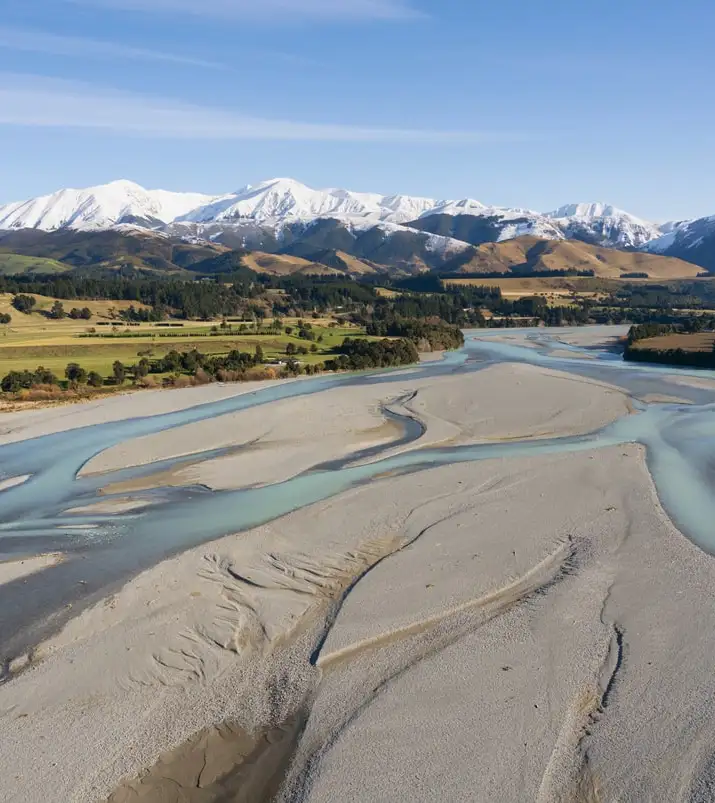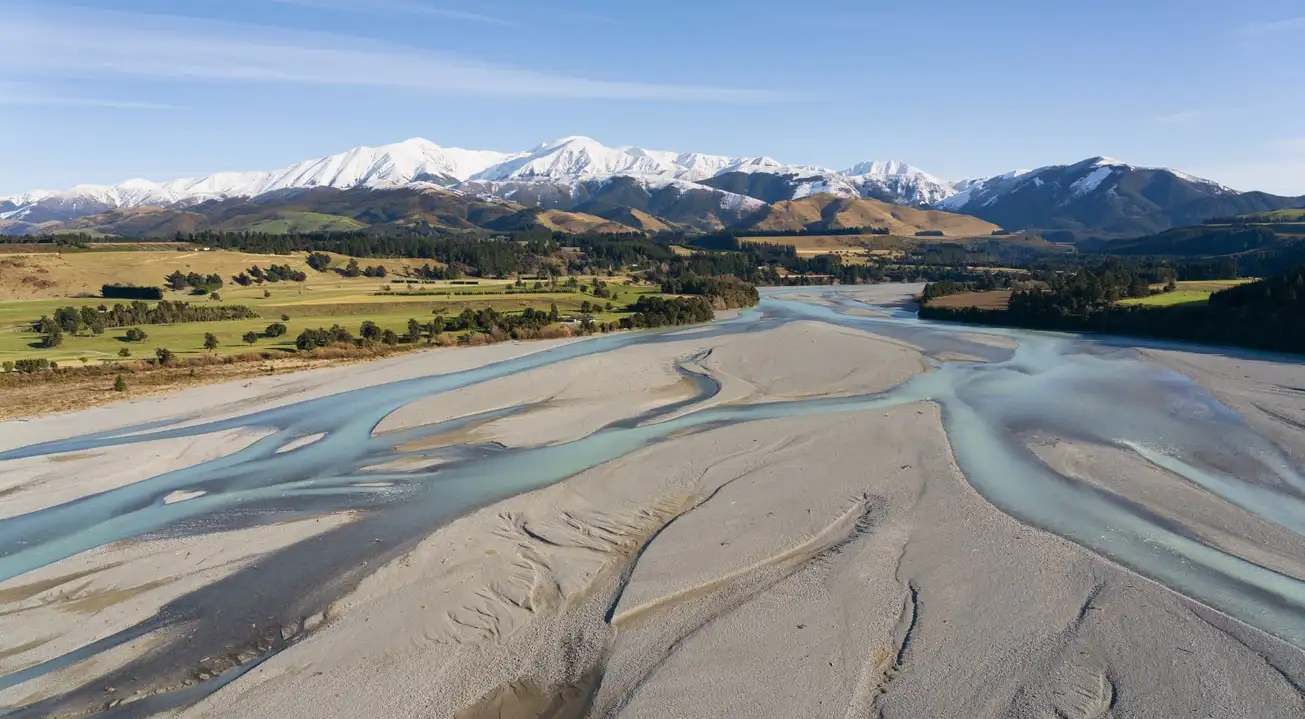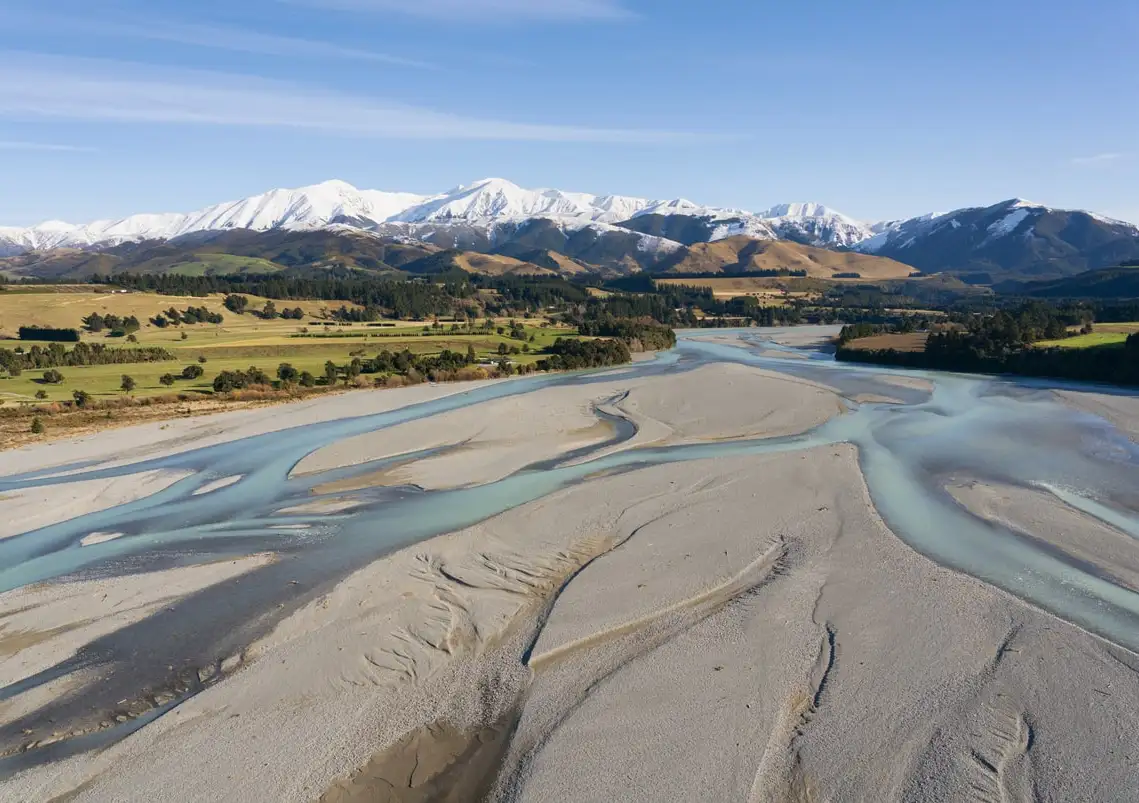National Climate Change Risk Assessment needs local focus



4 August 2020
LGNZ has welcomed today’s release of the first National Climate Change Risk Assessment.
Local Government New Zealand (LGNZ) has welcomed today’s release of the first National Climate Change Risk Assessment, but say that unless it’s paired up with a framework that enables councils to act on the assessments, communities will be left vulnerable to the increasing amount of severe weather events that are exacerbated by climate change.
LGNZ is the peak body representing New Zealand’s 78 local councils, providing a unified voice for local government and a pathway for performance development through CouncilMARK™, the sector’s independent assessment and continuous improvement programme.
“Don’t get me wrong, it is helpful to have a national view of the effects of climate change. But we know that the impacts of climate change are at a local level and are greatly varied. Until we have an adaptation framework that enables councils to increase their response to these hyper-local threats, anxiety in our communities will remain,” says LGNZ President Dave Cull.
A recent review of the Resource Management system has supported LGNZ’s concerns, finding that, ‘There are no explicit RMA functions for local government in regard to climate change adaptation.’”
“There’s a massive central government legislative hole in the area of climate change adaptation,” continued Mr Cull.
“In lieu of a framework allocating responsibility and ideal outcomes, councils are attempting to lead their communities through local climate change issues, but it’s extremely complex, and difficult for everyone involved.”
“As Jack Hodder QC warned in legal advice he prepared last year, ratepayers are at risk of footing the bill on any number of scenarios. Councils are damned if they do and damned if they don’t when either undertaking work to address climate change adaptation, as well as consenting development in at risk areas, due to the litigation risks. And litigating over a long period, on a complex issue such as climate change, is an extremely expensive way to sort out this issue.”
“It’s pleasing to see the recent RMA review has caught up on our position, and raised the issues around this legislative hole, but our fear is that this policy is going to take years to develop, and as we all know the effects of severe weather events, such as storms, floods, droughts and the like, are rapidly increasing.”
“We’re calling on central government to take heed of our communities’ calls, and come to the table to develop some adaptation policy quickly, so that we can get to work, whether that’s defending, retreating, or any other number of responses they may wish to take.”